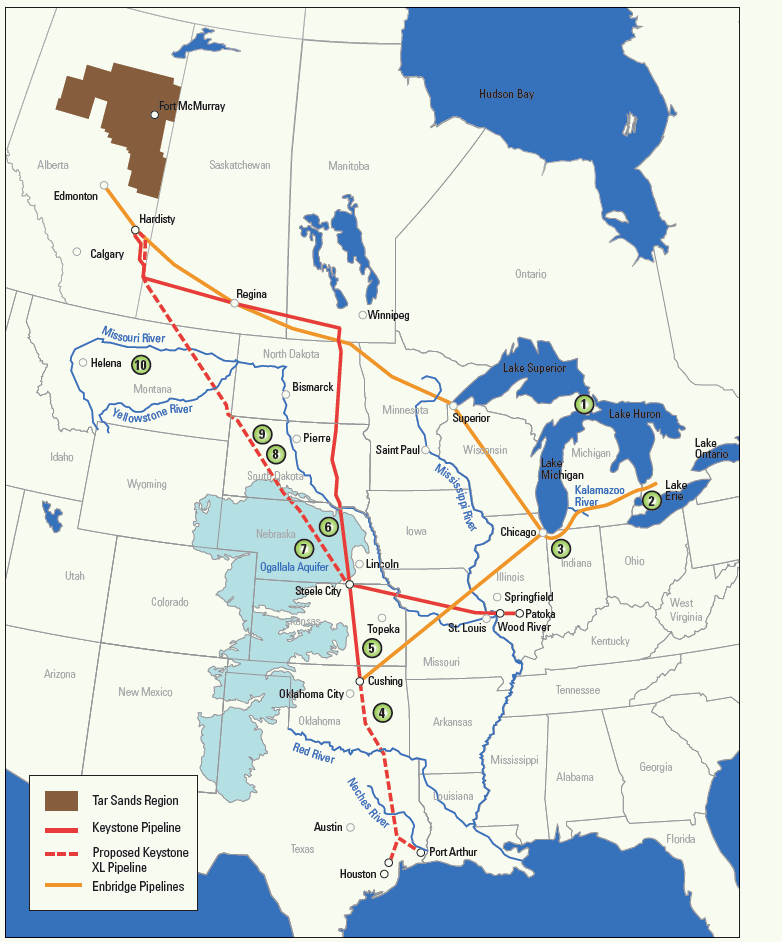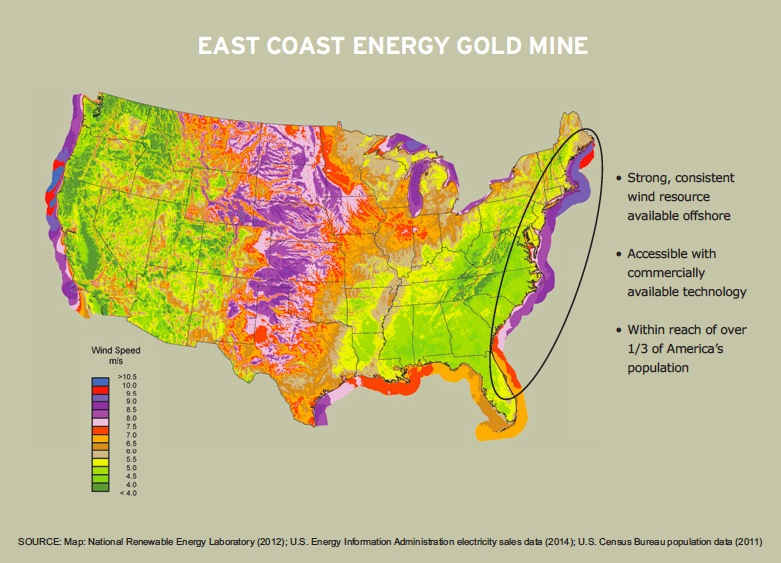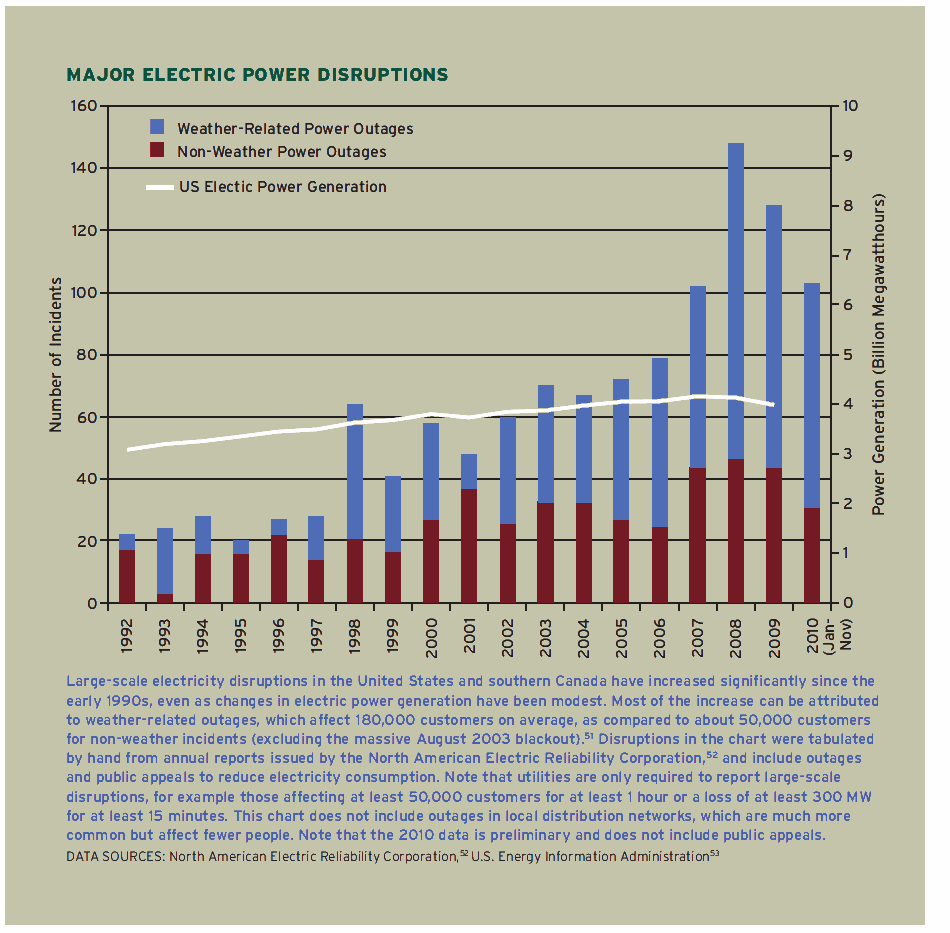
NATURAL RESOURCES DEFENSE COUNCIL, NATIONAL WILDLIFE FEDERATION, PIPELINE SAFETY TRUST, SIERRA CLUB
Tar sands crude oil pipeline companies may be putting America’s public safety at risk. Increasingly, pipelines transporting tar sands crude oil into the United States are carrying diluted bitumen or “DilBit”—a highly corrosive, acidic, and potentially unstable blend of thick raw bitumen and volatile natural gas liquid condensate—raising risks of spills and damage to communities along their paths.Currently, tar sands crude oil pipeline companies are using conventional pipeline technology to transport this DilBit. These pipelines, which require higher operating temperatures and pressures to move the thick material through a pipe, appear to pose new and significant risks of pipeline leaks or ruptures due to corrosion, as well as problems with leak detection and safety problems from the unstable mixture.
View this complete post...
Tags: National Wildlife Federation, Natural Resources Defense Council, NRDC, NWF, Pipeline Safety Trust, Pipelines, Sierra Club
Posted in
Aging Infrastructure, Energy, Environment, Green, Hazardous Waste, Infra Views, National, Pollution
Comments Off on Tar Sands Pipelines Safety Risks
















 RSS Feed
RSS Feed